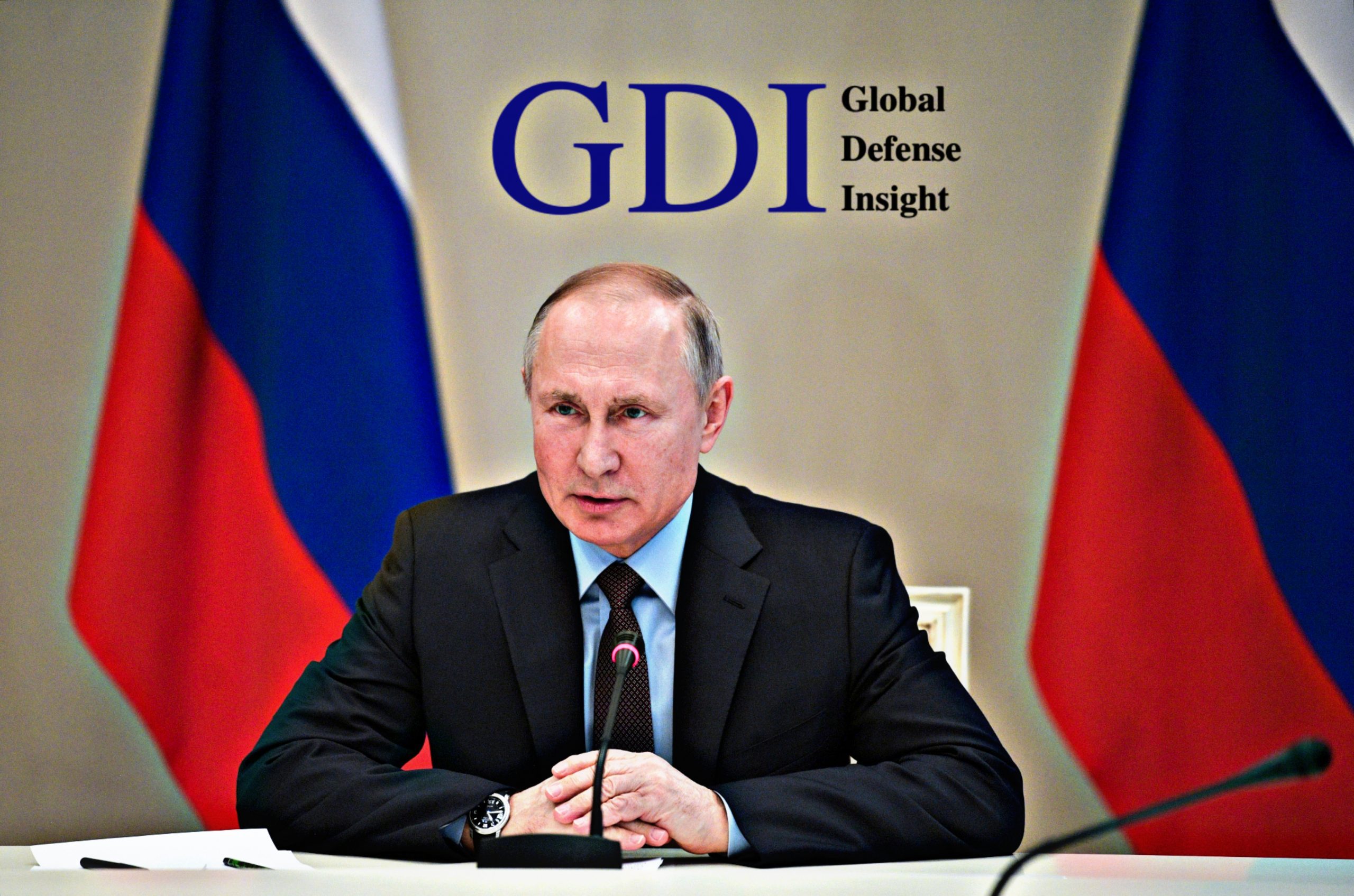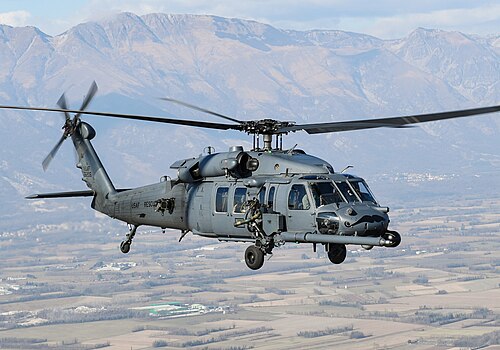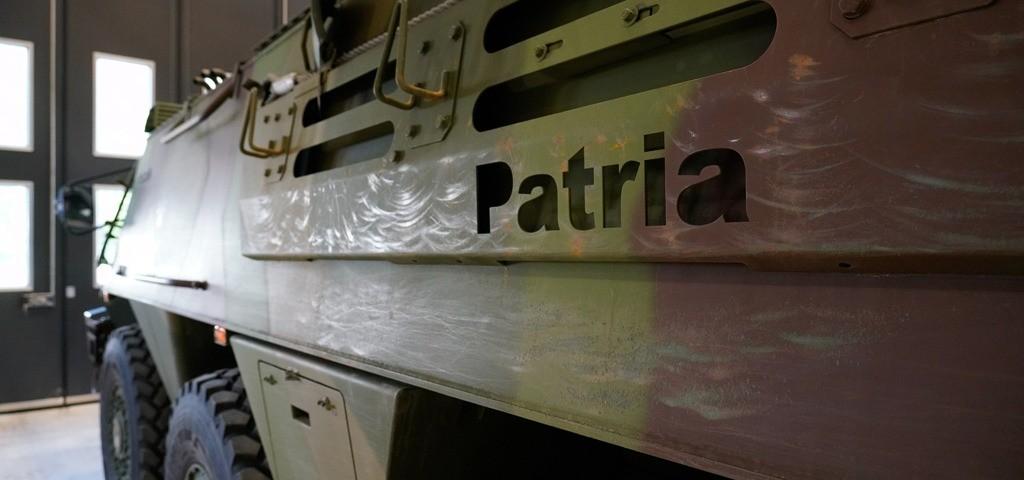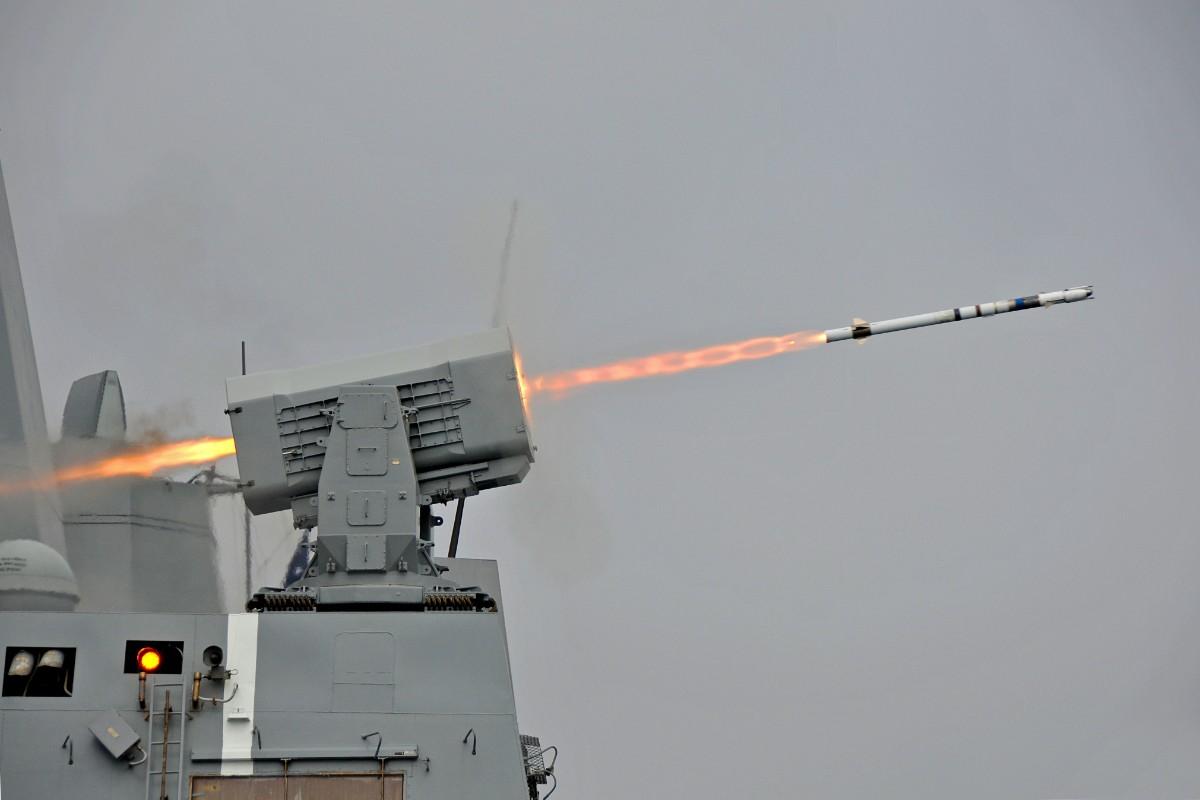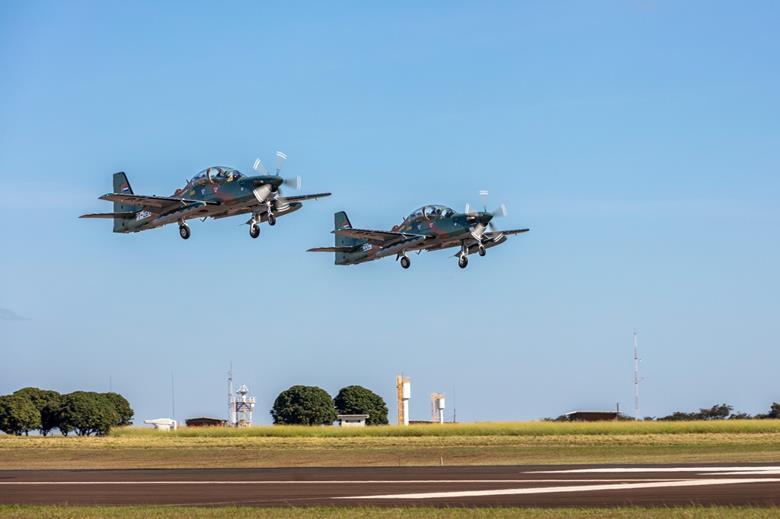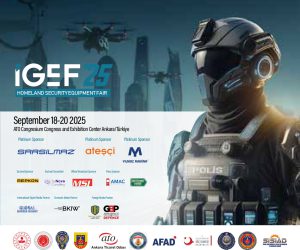Russia: emerging as a resurging power?
Russia, which was supposed to be the Power of the past, tried to resurge as a global power again through its firm policies in the outside world as the 21st century started.
West didn’t pay attention to it and perceive its activities as a response to the Cold war and Russia’s disintegration. Meanwhile, Russia got benefits out of the situation to expand its political, military, and economic interests globally. Vladimir Putin, with the mission to make Russia Great again, took the office in 2012 and pursued an assertive foreign policy to lead the world as a superpower again.
Evidence was visible back in September 2015 when the world saw Russian military intervention in Syria when it decided to change its role from a spectator to power broker in the Middle East.
Leading Iran and Turkey in the Syrian war afterward, Putin met his Turk and Iranian counterparts Recep Tayyip Erdogan and Hassan Rouhani to coordinate a joint response against Trump’s decision to withdraw the US forces from Syria.
This meeting was a follow up of Astana Process which was aimed to end the brutal situation in besieged Middle Eastern State. Conspicuously, the US was not part of this forum neither was invited which indicated, for instance, that Astana might be a prelude to new world order. The world order to come in which evolving non-Western states like China, Russia would be running the show.
Follow us on Instagram:
https://instagram.com/defense_talks?utm_medium=copy_link
Past years showed that Putin did not hesitate to confront the United States or Western Powers. In his early days as President, he intentionally sided with the US in the 9/11 crisis and even hinted that Russia might join NATO.
Putin’s speech at Munich Security Conference in 2007 demonstrated that Russia had felt that the United States and its allies are trying to overthrow Putin by sponsoring color revolutions in its neighboring states. The Arab Spring in 2010-2011 also added doubts to his fears when President Dmitri Medvedev decided to support UN Resolution authorizing a no-fly zone over Libya which eventually resulted out in dethroning of Muammar Gaddafi.
The bitterness between Russia and the US became so prominent when Russia attacked and annexed Ukraine’s Peninsula in 2014.
The S-400 for India & its implications for Pakistan
Relations had become worsened between Russia and the United States and its allies since then. The sanctions imposed on it as a result of the Russian annexation of Eastern Ukraine also sponsored the resentment between both. After 2014, Russia was seen as an enmity by the US and Europe.
Pentagon’s national defense strategy termed Russia as a military adversary along with neighboring China. NATO also deployed troops in Eastern Europe to deter Russia and prevent it from more hostile policies outside its borders.
Western states also feared Russia for economic blackmailing, cyber-attacks, and to support populist right-wing and radical leftists in many states. Russian intervention in the US 2016 elections generated another wave of animosity among the US and its allies. Moreover, in terms of nuclear capability, Russia and the USA, both are at the same level.
U.S Policy over Palestine-Israel Issue
Yet both don’t have a comparison of military capabilities as Russian forces are not such capable and technologically advanced up to US forces’ level. Meanwhile, the Russian defense budget is $46.4bn, which lags far behind the US and China, which are $717bn and $177bn respectively. According to analysts, Russia is not been enough capable to fight full fledge war but only limited wars like the Ukrainian crisis and the Syrian war.
Eastern European states like Moldova, Ukraine have shown their motivation towards the EU, Asia is dominated by Chinese policies. Russia, in near future, doesn’t seem to be a challenge for Beijing or New supporting equal stakeholders, but a regional power.
In the Middle East Russia has shown flexible policies towards major states like Iran, Turkey, Israel, and the Gulf. Putin’s success along with Iranian efforts in Syria and Assad’s Regime sustainability boosted the Russian President’s regard and respect. Despite Trump’s rapprochement attitude towards Kremlin, US Congress was not ready to cooperate with Russia as taking punitive steps against Russia.
The Mueller investigation and friendly gestures between Trump and Putin during the US presidential electoral campaign almost diminished the chances of harmonization between both. The chances of any breakthrough between the Biden administration and Russia seems impossible.
Trust deficit in internal institutions in Russia is huge while Putin in person holds a significant amount of fame. Internal issues, the Corona pandemic, and the problematic situation in Afghanistan, in conjunction with western sanctions, are fuelling the Russian issues. However, from repositioning Russia at a global level to securing the Assad regime in Syria, Putin has hallmarked a geostrategic makeover of foreign policy.
Though, still, a long way is there for Russia to be the superpower or hegemon. In essence, expecting Russia to be a replacement of the US as the global power in any part of the world is a far cry from reality.
Author: Asma Hussain
- Global Defense Insighthttps://defensetalks.com/author/umair/
- Global Defense Insighthttps://defensetalks.com/author/umair/
- Global Defense Insighthttps://defensetalks.com/author/umair/
- Global Defense Insighthttps://defensetalks.com/author/umair/


